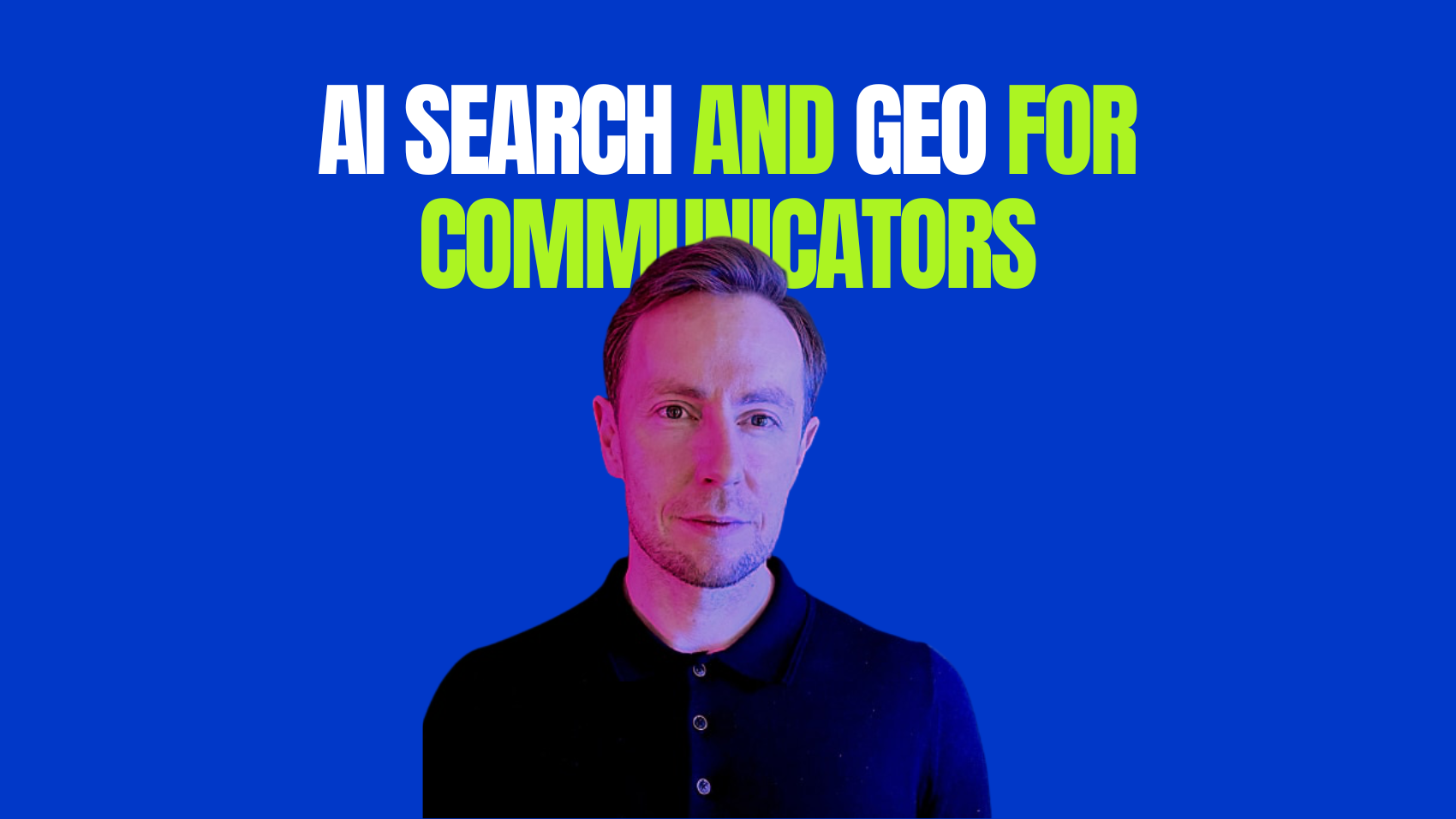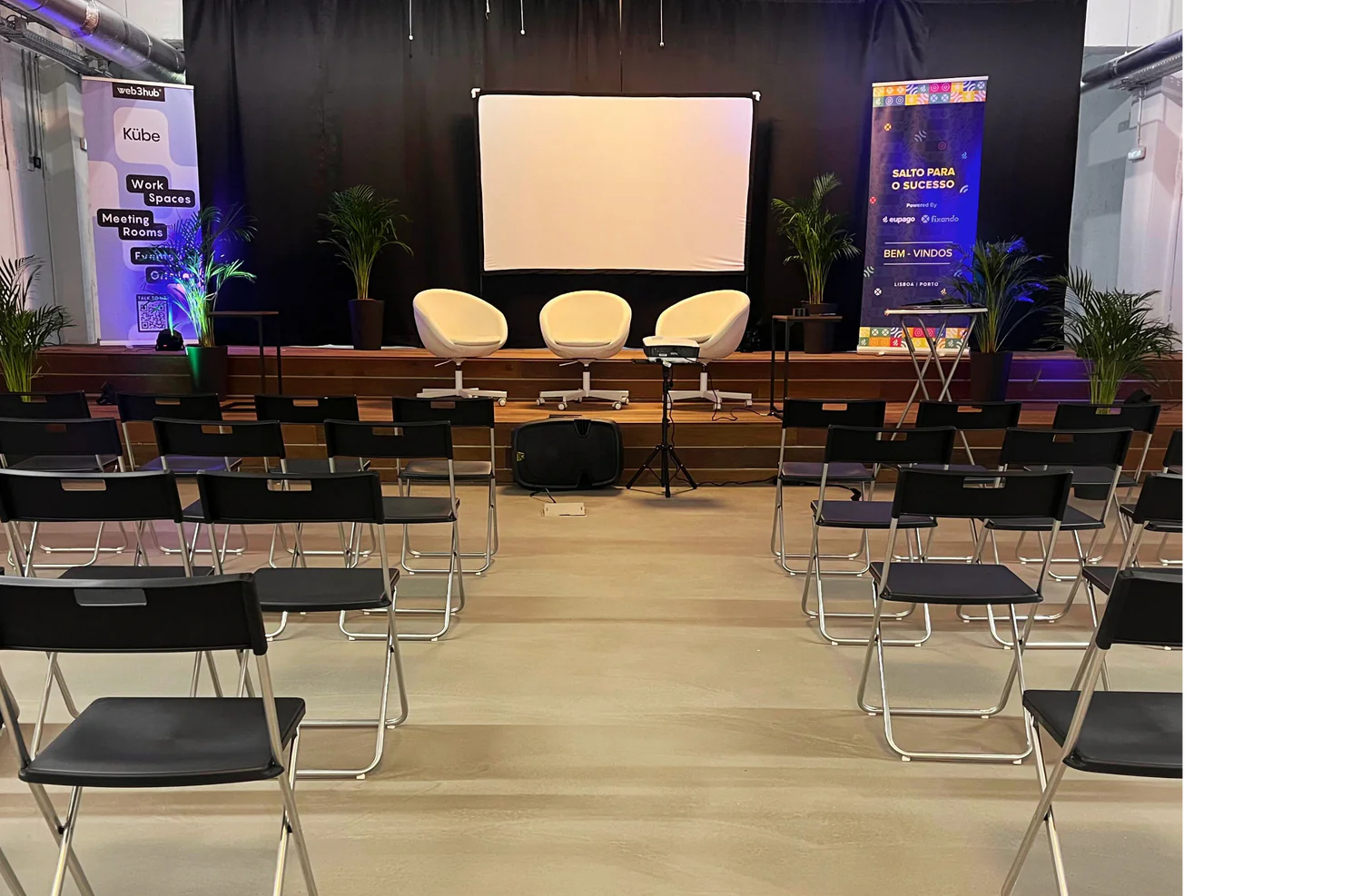

After the phenomenal success of our European editions in Brussels, London, and Zurich, the Crisis Communications Boot Camp is finally coming to Portugal!
This is your opportunity to hear how leading organizations like Meta, AUDI AG, Mondelēz International, Philip Morris International, Allianz Global Investors, Mercedes-Benz.io, Morrison Foerster, and Boehringer Ingelheim are preparing their crisis strategies for 2026 and beyond.
PLUS: On Day 2, create your own AI-powered crisis communications plan with Philippe Borremans, International Risk & Crisis Communications Consultant.
Come with your team and SAVE up to 15%!
Contact us today for more info about our exclusive group discounts.
Join us in Lisbon and future-proof your crisis communications strategy.
25–26 September 2025 | Lisbon, Portugal
Join us from 25–26 September in Lisbon for two powerful days of learning, strategy, and connection as we bring together some of Europe’s top crisis communications experts. In a world defined by political drifts, tariffs, polarization, skepticism, and the growing impact of AI, communicators must stay one step ahead—or risk falling behind.
Author, "Mastering Crisis Communication with ChatGPT: A Practical Guide,"
09.00 Registration and Morning Coffee
10.00 Fireside Chat: What Crisis Communicators Need to Know About Crisis Comms in 2026 and Beyond
As technology, media, and public expectations continue to evolve at a rapid pace, the landscape of crisis communications is set to look dramatically different in the coming years. In this forward-looking fireside chat, Johan will explore the emerging trends, tools, and challenges that crisis communicators need to be prepared for by 2026 and beyond. From the growing influence of AI and real-time data to shifting stakeholder expectations and the rise of new communication platforms, Johan will provide insights on how communicators can future-proof their skills and strategies to stay ahead of the curve.
Johan Filip Axenpalm, Head of Public Affairs Campaigns & Partnerships, Meta, Germany
10.40 Crisis Communications in the Age of AI
In a world where crises can unfold and escalate in real time, AI has become a game-changer for crisis communications, providing organizations with the tools needed to respond faster and with greater precision. Join Richard as he explores how AI is transforming crisis management. This session will delve into cutting-edge AI applications, from real-time sentiment analysis to predictive modeling, which empower teams to anticipate issues, enable proactive responses, and protect brand reputation. Through impactful case studies and best practices, Richard will share how to leverage AI-driven insights and strategies to navigate today’s high-stakes communication challenges confidently.
Richard Tigges, Director of Global Strategic Communications, AUDI AG, Germany
11.20 Crisis Communications in 2026: The New Skills Every Communicator Must Master
As we move into 2026, crisis communication professionals must adapt to an increasingly complex and polarized environment. In this session, we’ll explore the new skills every communicator needs to master, including how to navigate political division, manage reputational risks in a polarized society, and maintain trust during turbulent times. Learn how to effectively leverage AI tools, engage with social media in real-time, and craft messages that resonate with diverse audiences while balancing transparency and discretion. We will also cover how to anticipate emerging threats, build resilience, and ensure your organization’s voice remains authoritative and credible amidst intense public scrutiny. This session will help you equip yourself with the competencies needed to lead communications in 2025 and beyond.
Ivanka Djoleva-Minoti, Senior Director, Corporate and Government Affairs Europe, Mondelēz International, Switzerland
12.00 Lunch for Speakers and Delegates
13.00 In a "Crisis-as-Usual" World, Should You Toss Your Crisis Plan?
Crisis plans often serve as great doorstops but may fall short when the unexpected occurs. In today's fast-paced, unpredictable environment, rigid crisis plans can be rendered useless when faced with unforeseen challenges. Instead of relying solely on a static document, learn what essential elements and strategies you need to have in place to navigate and capitalize on unexpected crises. This session will explore how to stay agile, adapt quickly, and turn potential disasters into opportunities for growth and resilience. Discover the importance of dynamic planning, real-time response strategies, and the role of innovative thinking in effective crisis management.
Saqib Alam, Partner, Morrison Foerster, UK
Michael Phillips, Director, Crisis Management, Philip Morris International, UK
13.40 Crisis Communications in the Age of Financial Volatility and Trade Tensions
In today’s unstable economic climate, financial market shifts and rising trade tensions are creating new layers of risk for communicators. This session explores how these economic pressures impact crisis response, stakeholder trust, and reputation management—offering practical strategies to stay ahead, communicate with clarity, and lead confidently through uncertainty.
Marion Leblanc-Wohrer, Global Media Relations Lead, Allianz Global Investors, France
14.20 Networking and Refreshment Break
14.50 The Importance of Internal Communications in an Age of Uncertainty
In an era of permacrisis, where uncertainty is the only constant, internal communications can make or break an organization’s ability to navigate turbulence. From economic volatility to social unrest and technological disruption, today’s challenges demand more than just sporadic updates or surface-level engagement. Effective internal communication keeps employees informed, aligned, and empowered to adapt to rapid change. This session will explore how to build a resilient internal communication strategy that fosters trust, mitigates misinformation, and ensures that employees remain connected to the organization’s mission, even in the most unpredictable times. Discover the critical role internal communication plays in driving stability, engagement, and long-term success in a world where uncertainty is the norm.
Carolina Andrade, Head of Communications, Mercedes-Benz.io, Portugal
15.30 Navigating Media Relations in Permacrisis: Strategies for Success
In an era defined by ongoing, overlapping crises, maintaining strong media relationships is more important—and more challenging—than ever. This session will explore the ways to build effective and resilient media strategies that stand up to the pressure of a permacrisis environment. We will learn how to craft messages that cut through the noise, foster trust with key media contacts, and respond to fast-moving situations with clarity and agility. From proactive engagement to real-time response, we will discover practical tools and insights to help organizations stay credible, visible, and prepared—no matter what comes next.
Tereza Urbankova, Global Media Relations, Group Communications, Boehringer Ingelheim, Germany
16.10 End of Day One
10.00-16.00 AI-Powered Crisis Communication Workshop: Navigating Turbulent Times
10.00 Understanding the New Crisis Landscape
Learn how modern crises are shaped by interconnected forces including social movements, geopolitical shifts, and ongoing global challenges. Explore why traditional crisis communication approaches need evolution to address these complex, overlapping challenges effectively.
10:40 The AI Revolution in Crisis and emergency Communication Management
Discover the fundamentals of artificial intelligence and its transformative role in crisis management. Examine ethical considerations while gaining practical knowledge of Large Language Model (LLM) and generative AI applications in communication.
11:20 Leveraging AI Across Crisis Communications
Experience hands-on demonstrations of AI tools that enhance crisis planning, content development, analysis, and reporting. Learn practical applications through real-world case studies and examples.
12.00 Lunch for Speakers and Delegates
13.00 Building Your AI-Enhanced Response Strategy
Develop a comprehensive crisis communication plan with AI tools. Work through exercises to identify potential crisis scenarios, map stakeholder communications, and craft strategic messaging frameworks.
14.30 Networking and Refreshment Break
14.50 Crisis Simulation
Put your new skills to the test in an immersive crisis scenario. Practice real-time decision-making, role-playing, and apply AI tools to manage an evolving situation. Receive expert feedback and strategic insights to enhance your crisis response capabilities.
15.30 Debrief and Action Planning
Reflect on key learnings and develop concrete steps to implement AI-enhanced crisis communication strategies within your organization.
16.00 End of Workshop
About Your Workshop Leader:
Philippe Borremans is an independent consultant with over 25 years of experience in risk, emergency and crisis communication. He has worked with leading multinationals such as the Volvo Group, the Mastercard Foundation, FedEx, and Danone, helping them to improve their crisis communication with practical advice, customised training, and realistic simulation exercises.
In addition to his consultancy work, Philippe has worked with international organisations such as the World Health Organization, the European Union, and the West African Union on risk and emergency communication projects related to epidemics and natural hazards.
Before starting his own consultancy, Philippe spent a decade at IBM, where he focused on corporate, crisis, and online communications, and gained his first professional experience at Porter Novelli International in Brussels.
As an educator, Philippe regularly shares his knowledge as a lecturer at European and North African universities and business schools. He is a sought-after speaker at industry conferences, where he talks about crisis and emergency communication and the impact of Artificial Intelligence.
Philippe is the author of "Mastering Crisis Communication with ChatGPT; A Practical Guide", and edits the newsletter Wag The Dog, which provides insights into current trends in crisis, risk, and emergency communication.
Address: R. do Centro Cultural 27A, 1700-106 Lisboa, Portugal
Phone: +351 939 160 801
We’re excited to welcome you to Kube, our venue in Alvalade, one of Lisbon’s most dynamic and up-and-coming neighborhoods. Conveniently located just 7 minutes from the airport, Kube offers the perfect balance of accessibility and style — only a short ride from both the Parque das Nações riverside and Lisbon’s vibrant city center.
Kube is easily accessible by public transport, with Campo Grande metro station just around the corner, as well as a range of bus lines and rideshare options like Uber and Bolt.
With its modern design, relaxed atmosphere, and flexible space, Kube is the ideal setting for a comfortable, creative, and productive event experience.

This program can also be delivered as a tailored in-house training for your organization. We adapt the content to your industry, objectives, and level of maturity, focusing on real challenges your teams face and the decisions they need to make. In-house formats allow your people to align on a shared approach, work through relevant scenarios, and build skills they can apply immediately.
If you’re exploring an in-house option, tell us a bit about your team, priorities, and timing, and we’ll recommend the right format.
Contact us about in-house training